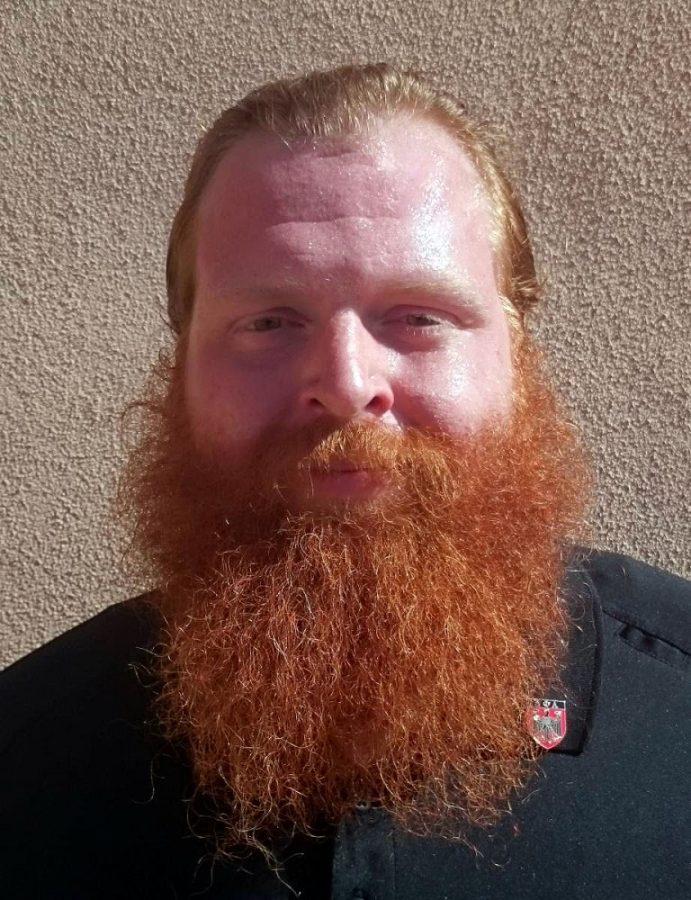Quackery is a term that should be used judiciously. The Merriam-Webster Dictionary defines quackery as “the methods and treatments used by unskillful doctors or by people who pretend to be doctors.” A quack doesn’t need to be deceptive; a quack may not know any better.
Oddly, the state of Arizona licenses quacks. There is a Board of Homeopathic and Integrated Medicine Examiners, which licenses doctors who have lost their medical licenses in other states, who, in Arizona, can then practice without much limitation. The scientific consensus on homeopathy is that it is useless.
Then there is the Arizona Naturopathic Physicians Medical Board, which licenses practitioners claiming to be just like medical doctors but better. Arizona is home to one of the few dedicated schools of naturopathic medicine in North America, the Southwest College of Naturopathic Medicine.
Last week, the UA’s Mel and Enid Zuckerman College of Public Health announced a new partnership with the Southwest College of Naturopathic Medicine. Students at SCNM will be able to earn a naturopathic doctorate while earning a master’s degree in public health through classes online and at the UA’s Phoenix campus.
Students at SCNM and the other naturopathic schools are required to “master” homeopathy. Along with other old-timey, folk and pseudoscientific methods, like hydrotherapy, herbology, acupuncture and energetics, homeopathy is taught as legitimate medicine. To be fair, naturopathic students take classes that mimic real medical courses, but such courses are comparable in name only. Their content is inferior and often scientifically invalid, like teaching anti-vaccine practices and how to diagnose diseases that do not exist.
Naturopathic clinical training is a mere 1,200 hours of applying this quackery on just 450 patients in clinics run by naturopaths. After passing a mysterious licensing exam, naturopaths in Arizona can practice with an alarmingly broad scope, including prescribing controlled substances and performing minor surgeries.
Given what is known about naturopathy, how could the UA have decided to partner with SCNM? While naturopathic medicine is not effective, its soundbites do the trick.
In the press release about the SCNM alliance, UA’s assistant dean at the College of Public Health program in Pheonix, Dr. Cecilia Rosales, reiterates a common naturopathic trope of prevention: “[Naturopathic doctors] are trained to be more proactive in their approach to wellness than reactive approaches to disease management and treatment.”
This notion accuses the medical community of being incompetent and misguided. It is an old argument from the late 19th century when scientific medicine was still figuring itself out while homeopaths, osteopaths, chiropractors and naturopaths aggressively marketed fanciful methods designed “to treat the root cause of disease, not just symptoms.” For buying into this archaic ideology, the UA is being academically disingenuous, hindering the scientific process and tarnishing its reputation.
To be clear, there is nothing “proactive,” let alone safe, about giving patients sugar pills, recommending severe dietary restrictions, prescribing untested plant extracts, discouraging vaccines or injecting a cornucopia of substances from high-dose vitamins to ozone gas into patients’ veins.
Naturopathic teachings and practices are so far divorced from reality that they dangerously undermine public health. The UA needs to drop its collaboration with SCNM and tirelessly support the highest standards in health sciences. To do otherwise is to “Bear Down” on quackery.











